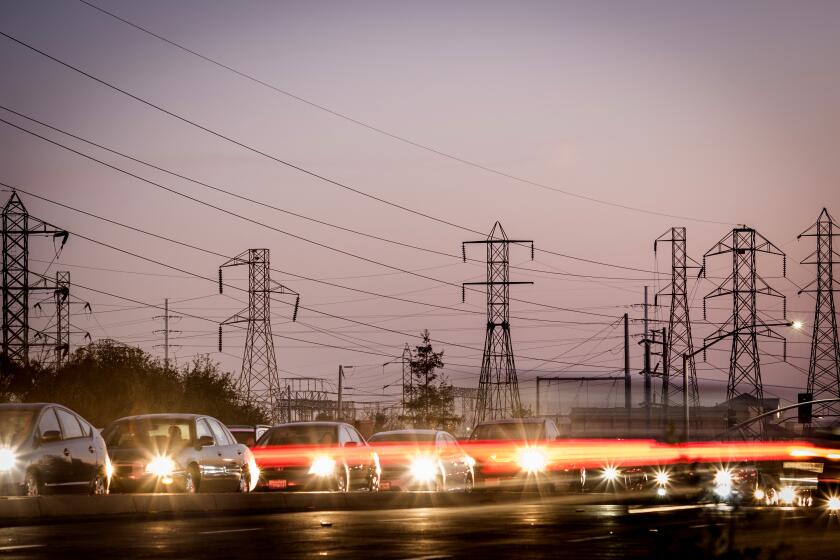Go Slow on Fast-Track Bill
This week, Congress could take up the issue of renewing presidential trade negotiating authority, also known as “fast track.” Fast track is a procedure that permits the president to negotiate trade and investment agreements with limited participation from Congress, allowing only an up or down vote without possibility of amendment.
As with so many other proposed measures, free trade and the president’s authority to move quickly and independently are being clothed as a response to terrorism.
The president maintains that fast-track authority goes hand in hand with fighting terrorism, but this is simply an opportunistic attempt to link unrelated issues to exploit our newfound sense of unity.
The battle over fast-track authority has been long and highly contentious.
A similar measure failed to gain passage in 1997 and again in 1998 because Congress declined to cede its negotiating authority and because the measure did not address environmental and labor concerns.
As chair of the California Senate Select Committee on International Trade Policy and State Legislation, which was created to examine international trade agreements and their potential effect on state and local lawmaking authority, I have come face to face with the consequences of trade bills negotiated under fast-track procedures.
The current fast-track bill sponsored by California Rep. William Thomas (R-Bakersfield) carries the patina of new compromise yet merely maintains the substance of old policies. It gives foreign corporations greater rights than U.S. citizens, allowing them to claim that a state has expropriated or “taken” their property simply by passing laws or rendering unfavorable court decisions. It also allows closed proceedings to which the public has no access.
California is already facing a challenge to its phaseout of the gasoline additive MTBE.
Under the investor rules of the North American Free Trade Agreement, a measure negotiated under previous fast-track authority, the Canadian-based producer of one of the ingredients of MTBE is suing the U.S. for almost $1 billion, claiming that California’s law represents an expropriation of expected profits.
The claim is being heard in secret by a nonjudicial panel that is accountable to no one and that has authority to rule that U.S. taxpayers must either pay Methanex Corp. almost $1 billion in damages or ask California to change its law.
The current debate is not a conflict between free trade and protectionism. The real battle is over the legitimacy of, and need for, regulatory balance, including regulation to protect ecosystems, human health, product safety, local security and traditional objectives of democratic governance.
Today, when trade agreements have profound consequences for the environment, for the safety of our food, for labor standards and even for the rights of individual property owners, it is important to find a new middle ground that brings us the benefits of a global trading system while taking into account new economic realities.
California Reps. Robert Matsui (D-Sacramento) and Anna Eshoo (D-Atherton) understand this new reality. Each is a longtime free trader.
While continuing to voice support for free trade, they also are strongly stressing the need to establish new and meaningful rules on labor, the environment, food safety and investment. Matsui has offered a fast-track alternative bill that speaks to the needs of our state in this new economic age. In a similar vein, Eshoo, in a letter to President Bush, has called for fundamental changes in NAFTA’s investment rules.
We are at a crossroads. California is the world’s fifth-largest economy. Without question, trade is important to our continued economic growth.
That trade, however, must also be fair and not undermine the traditional checks and balances set out in the U.S. Constitution. The fast-track model being proposed again for new trade agreements requires the state to abdicate its power to guarantee the safety of our food, to regulate air and water pollution, to take measures to protect the safety of citizens and to guarantee democratic public participation.
We should adopt new models that support trade policy but also provide the protections we need. Trade negotiation authority that fails to address these protections should be soundly rejected.
More to Read
Get the L.A. Times Politics newsletter
Deeply reported insights into legislation, politics and policy from Sacramento, Washington and beyond. In your inbox three times per week.
You may occasionally receive promotional content from the Los Angeles Times.






